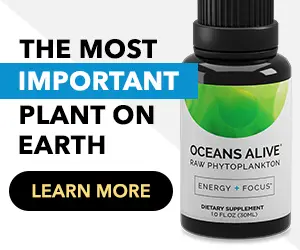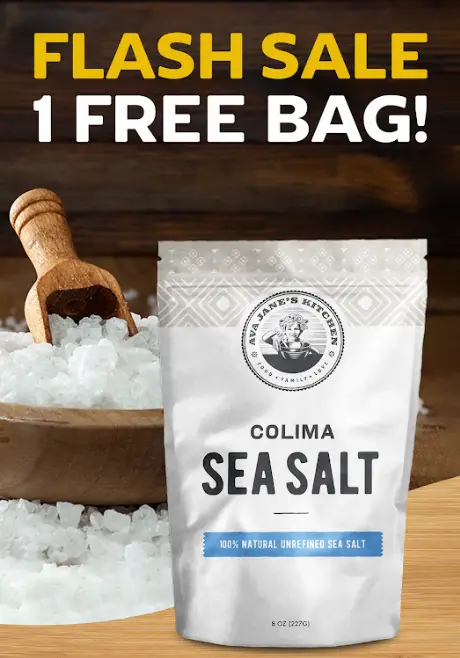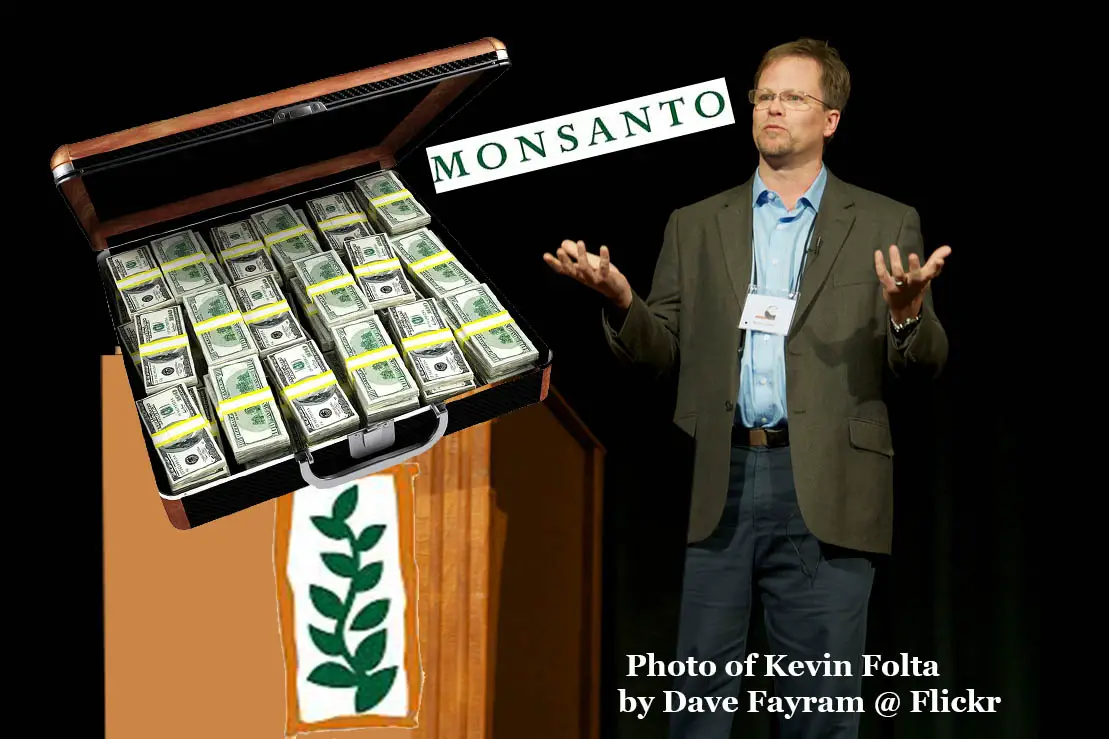
We look to our universities for research, leadership and guidance on crucial scientific issues. But with so much corporate money influencing their daily decisions (especially when it comes to health, farming and food) can we really trust them?
While the world is clamoring for more organic, sustainable (i.e. permaculture and biodynamic farming) and other innovative natural solutions, our top research organizations are becoming increasingly beholden to Big Ag and agrochemical companies like Monsanto.
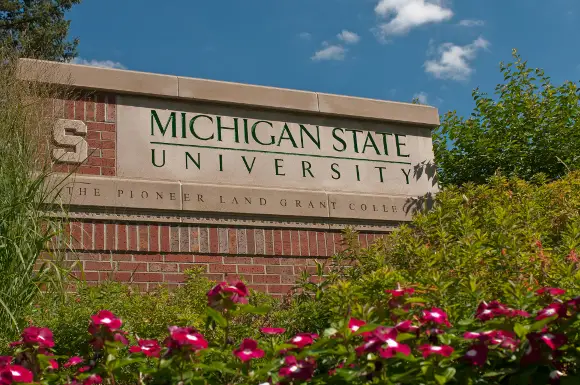
Michigan State University is one of numerous universities that have received millions in research money from Monsanto. PHOTO: MSU.edu
On Monsanto’s website, the company explains exactly how they work with universities and researchers to “tackle…challenges” in the world. The company states that their scientists and university scientists often serve in leadership positions at the same industry organizations.
Monsanto pays for travel expenses when academics are invited to speak at an event, and pays fees to researchers and universities when they sign the contract to conduct field trials. Monsanto scientists co-author peer-reviewed research papers. And many of the country’s top universities are swimming in Monsanto money — for example the Bill & Melinda Gates Foundation recently donated $5.6 million to Cornell University to spearhead a new pro-GMO international PR project and other major universities such as Illinois and Michigan State have recently been given millions of dollars by Monsanto for research purposes.
While these types of partnerships between Monsanto and universities are currently legal and happen in other industries, having the six big agricultural/biotechnology companies (BASF, Bayer, DuPont, Dow Chemical Company, Monsanto, and Syngenta) working together, and then Monsanto inviting the best universities and graduate students to work for them creates a complete scientific monopoly. When so many scientists are working for the same organizations and join the same associations, there is huge potential for conflicts of interest. And if the company is wrong about something or has a particular agenda, there is no system of checks and balances to stop them from bending and twisting the truth.
University of Florida
The New York Times reported earlier this year that Monsanto gives out grants to scientists to promote and defend GMO foods from critics.
“Monsanto and its industry partners have also passed out an undisclosed amount in special grants to scientists like Kevin Folta, the chairman of the horticultural sciences department at the University of Florida, to help with ‘biotechnology outreach’ and to travel around the country to defend genetically modified foods,” the Times reported.
Folta, a professor in and chairman of the Horticultural Sciences Department at the University of Florida, received $25,000 from Monsanto. On his blog, however, he claims that he has “never received any financial compensation for [his] time.” Folta and others are a part of a website called GMO Answers, created by Big Ag interests to “build public trust.”
Folta wrote on his blog that his answers “are 100% consistent with the peer-reviewed literature. They are not opinions. They are a synthesis of available data for the good of teaching.”
But Folta and other “experts” have been known to quote literature that reads like a list of talking points from Monsanto and Big Biotech. Things like telling people that “GMO foods have been proven safe for human consumption for the past several decades (yet over 60 countries ban or restrict production and sale of GMOs due to them not being proven safe).”
Few people realize that GMOs almost never even made it to market in the United States due to safety concerns.
In 1987, Monsanto executives expressed frustration that their controversial patented crops were unable to pass pesky “bureaucratic and safety hurdles.” But a visit from then Vice President George H.W. Bush changed everything: “Call me, we’re in the de-regulation business,” Bush can be seen telling executives in this rare footage from his visit to Monsanto.
And while the mainstream media continues to deny that they exist, there are over 1,800 known studies that suggest adverse effects and health impacts of GMO crops, foods and the related pesticides that go with them.
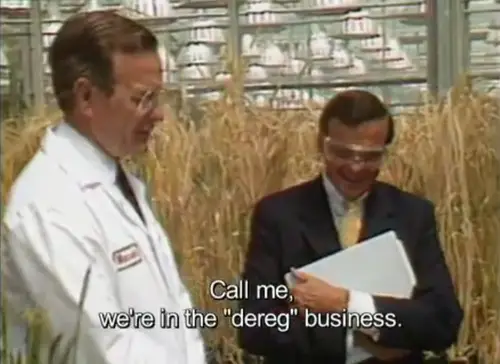
George HW Bush’s famous message to a Monsanto executive at the company’s headquarters in 1987.
Michigan State University
One of the top agricultural research institutions in America, Michigan State University, based in East Lansing, MI, has had a longstanding relationship with Monsanto. In 2012 Monsanto gave a $3 million grant to the college in order to help tackle the ongoing corn rootworm program, which seeks to find answers to a new breed of the pest that has been ravaging Monsanto’s genetically modified corn across the Midwest.
Critics say that corn-based GMO crop monocultures that do not practice crop rotation, a staple of pest control in organic farming are mostly to blame: switching fields from corn to a different crop can help keep the pests at bay, instead of Monsanto’s “solutions” which usually involve spraying increasingly stronger and more toxic synthetic chemicals.
South Dakota State University
South Dakota State (a land grant institution) University’s President David Chicoine became one of Monsanto’s board of directors in 2009.
A South Dakota State Senator was quoted saying: “…An additional salary of $195,000 plus a one-time stock-option payoff of almost $200,000 to sit on the board of directors of a multinational agricultural biotechnology corporation…creates a perceived conflict of interest not only for the university president but also for the quality of the research results coming from SDSU.”
University of Illinois
Just earlier this year, Monsanto pledged $1 million to the College of Agricultural, Consumer and Environmental Sciences (ACES) at the University of Illinois to use for a lab upgrade for “research in soil science and crop improvement,” according to the ACES Dean Robert Hauser. Vice President for Global Plant Breeding at Monsanto Samuel Eathington called it a “partnership.”
In 2012 Monsanto gave the university $250,000 to create an Agricultural Communications Program (a joint program between ACES and the College of Media).
Hauser stated: “It would not be possible without the generosity of Monsanto and others who recognize the importance of informing students, the private sector, policy makers, and the public in general — here and worldwide — about the role of agriculture in addressing many of society’s most pressing issues.”
The money influences what kind of agricultural research is done by the university; and the University of Illinois students often get jobs with Monsanto, Dow Chemical and Bayer after graduation.
“By 2010, private donations provided nearly a quarter of the funding for agricultural research at land-grant universities. This funding steers land-grant research toward the goals of industry. It also discourages independent research that might be critical of the industrial model of agriculture and diverts public research capacity away from important issues such as rural economies, environmental quality and the public health implications of agriculture,” reported Food and Water Watch.
In 2005, one-third of agricultural scientists spent extra time consulting for corporations like Monsanto.
Corporations Controlling Agricultural Research
A recent article published on the website Alternet blew the lid off of how universities are essentially selling out to big corporations like Monsanto. The article including shocking stats from the Food and Watch Watch report on corporate influence in universities. One PhD student had this to say about the outright bias toward Monsanto-friendly “science” that is accepted as the norm.
“When I approached professors to discuss research projects addressing organic agriculture in farmer’s markets, the first one told me that ‘no one cares about people selling food in parking lots on the other side of the train tracks,’” said a PhD student at a large land-grant university who did not wish to be identified. “My academic adviser told me my best bet was to write a grant for Monsanto or the Department of Homeland Security to fund my research on why farmer’s markets were stocked with ‘black market vegetables’ that ‘are a bioterrorism threat waiting to happen.’ It was communicated to me on more than one occasion throughout my education that I should just study something Monsanto would fund rather than ideas to which I was deeply committed. I ended up studying what I wanted, but received no financial support, and paid for my education out of pocket.”
The article also noted a meta-analysis showing that studies conducted with support from a corporate funder inevitably end up producing favorable results for that company.
While Monsanto and its public relations support team likes to question protesters and activists around the world as “anti-science,” the truth is that with corporations like Monsanto and others so deeply entrenched in our research institutions, it’s hard to know what science (and in the case of professors like Folta) scientists you can trust these days.
Photo of Kevin Folta by Dave Fayram @ Flickr
Thanks for installing the Bottom of every post plugin by Corey Salzano. Contact me if you need custom WordPress plugins or website design.





